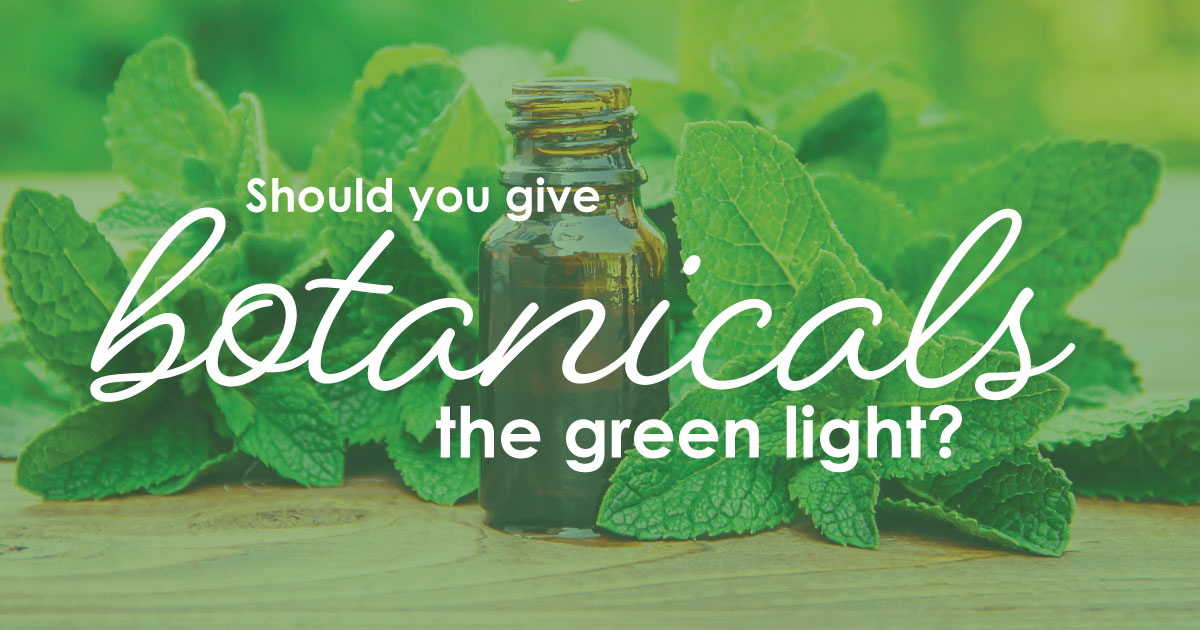CGH Medical Center issued the following announcement on Jan. 13.
Around the world, plants have been used as medicine since ancient times. Today, you can buy herbs and other botanicals at drugstores and online. They're available as teas, tinctures and more. And they can seem like a natural way to improve your health without drugs. But are they a good idea?
If you're thinking of using medicinal plants, knowing these facts first may help keep you safe:
1. The evidence isn't always there. For most natural remedies, there's not enough scientific evidence that they work. Instead, claims about their benefits are often based on personal testimonials, which are less reliable. That said, many scientists are investigating botanicals. And there's evidence some may be useful. For example:
Peppermint oil may help with digestion.
Green tea may have a protective effect against heart disease.
Capsaicin (derived from chili peppers) may help with some kinds of pain.
Before you buy, learn what the research says about the supplements you're considering.
2. Dramatic claims, like "miracle cure," are red flags. Be wary of any claims that a botanical can cure or prevent a serious disease, like cancer. That kind of language is a potential sign of a health hoax, warns the U.S. Food and Drug Administration.
3. Natural doesn't necessarily mean safe. Even botanical products can cause serious side effects. Or they may cause other prescription or nonprescription medicines you use to be too weak or too potent. For example, according to the National Center for Complementary and Integrative Health, the herb St. John's wort (sometimes taken for depression) interacts with more than 70% of all medicines. This includes blood thinners, birth control pills, allergy drugs and antidepressants.
4. Botanicals aren't regulated like other drugs. As dietary supplements, they don't have to be tested for safety and effectiveness before they are marketed. And they aren't required to be standardized. Without standardization, a product's quality can vary from batch to batch.
5. More isn't always better. Some botanicals might be safe in small amounts but cause dangerous side effects in large doses. Never take more than is recommended.
6. Your doctor needs to know. It's important to find out how the product might affect any other treatments you use. Tell your doctor about any herbs or other supplements you take or plan to take. Ask about the potential risks and what an appropriate dose might be for you.
Original source can be found here.

Source: CGH Medical Center






 Alerts Sign-up
Alerts Sign-up